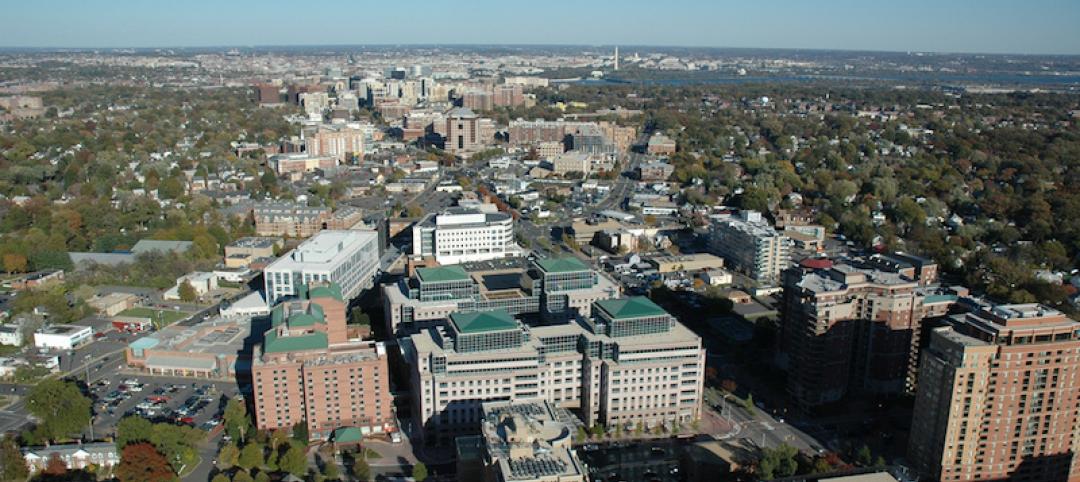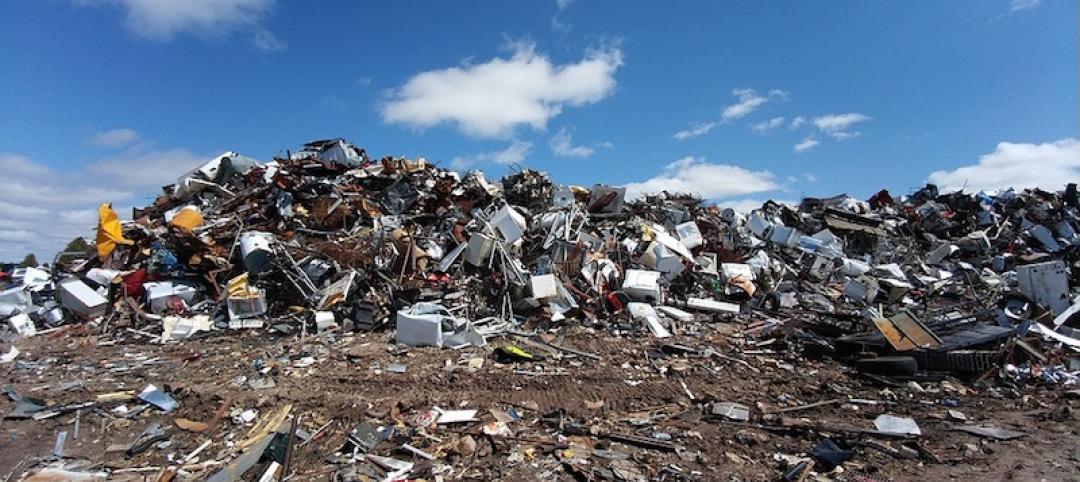Two years ago, a plan to create a smart city project along Toronto’s waterfront was unveiled with great fanfare.
Since then, the proposal, spearheaded by Sidewalk Labs, a subsidiary of Alphabet (Google’s parent company) has prompted extensive public criticism and a lawsuit by the Canadian Civil Liberties Association over data privacy and misuse concerns. The ambitious project was conceived as a showcase for the latest smart city technologies.
The project is to be centered on sustainable and safe transportation systems, and efficient and affordable housing. Technology such as “adaptive traffic lights” would prioritize cyclists and pedestrians and study the possibility of autonomous transit options. Innovative building materials and new occupancy models, like “co-housing”, would offer green, reasonably-priced housing.
With sensors tracking people and vehicles sprinkled throughout the development, privacy rights advocates are concerned that the data could be used for surveillance and discourage people to exercise free speech rights. It didn’t help that at public hearings Sidewalk Labs seemed unable to spell out where this data would be stored and how it would be used.
The company also presented a greatly expanded scope of the proposal from the original 12 acres to a 190-acre area at a public meeting, perhaps misreading the intent of the agreement with the city. These issues have caused delays to the project, but Waterfront Toronto, the city group overseeing it, recently voted to go forward with the 12-acre development.
Other smart city projects around the globe, including in South Korea and India, have been also been plagued by delays and controversies. These challenges indicate that making cities smarter will not be easy.
Related Stories
Codes and Standards | Jan 16, 2018
Engage code officials early for better building performance, predictable enforcement expectations
White paper says code officials should be collaborators and facilitators.
Codes and Standards | Jan 12, 2018
Arlington County, Va., earns first LEED for Communities Platinum Certification
Honor recognizes efforts to reduce greenhouse gas emissions, manage stormwater.
Codes and Standards | Jan 11, 2018
TRUE Zero Waste provides roadmap to divert waste away from landfills
USGBC program signs on more than 130 companies or facilities for certification.
Codes and Standards | Jan 10, 2018
Sliding-scale proposal for civil damages resulting from construction fatalities, injuries draws ire of trades
New York City Council proposal puts limits on penalties for safety violations leading to death, serious injury.
Codes and Standards | Jan 9, 2018
Federal appeals court orders EPA to revise lead standard within a year
Current exposure levels for lead in paint and dust have been in place for 17 years.
Codes and Standards | Jan 5, 2018
Building code officials should vet building product evaluation methods
Evaluation service providers should be properly accredited.
Codes and Standards | Jan 4, 2018
U.S. military needs to do more to address climate change risk for facility design
GAO report cites hundreds of overseas facilities in peril.
Codes and Standards | Jan 3, 2018
China Construction America faces billions of dollars in liability in lawsuit
Court filing alleges massive fraud and breaches of contract in Baha Mar Resort Project.
Codes and Standards | Jan 2, 2018
Smart building tech can reap utility savings of 8% to 18% in commercial buildings
Potential for increased deployment of smart building technology is great beyond early adopters.
Reconstruction & Renovation | Dec 21, 2017
Interactive map includes detailed information on historic New York City buildings
The New York City Landmarks Preservation Commission launched a new, enhanced version of its interactive map, Discover NYC Landmarks.

















